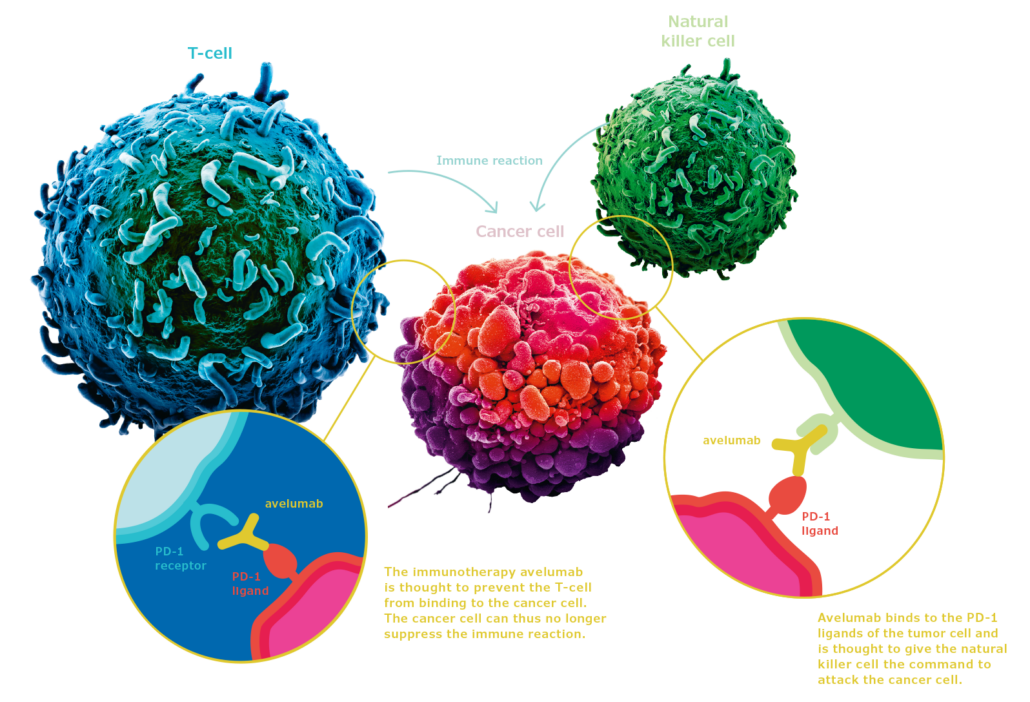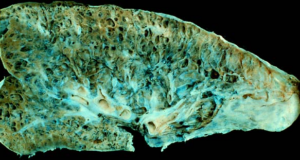
FDA grants Priority Review to avelumab
Avelumab, Merck KGaAs and Pfizers Phase III checkpoint inhibitor, has been granted Priority Review from the US Food and Drug Administration in urothelial carcinoma patients who progressed on or after platinum-based chemotherapy.
The FDA will decide over second-line use of the anti-PDL1-antibody on 27 August. Prior to that, the Agency will decide over the BLA of avelumab in the rare skin cancer metastatic Merkel cell carcinoma in May. Avelumab is in Phase III testing for certain other cancers, including, renal cell carcinoma, non-small cell lung cancer (NSCLC), and gastric and ovarian cancers
Taken together with last years filing for metastatic Merkel cell carcinoma, this BLA acceptance confirms our rapid and continued progress in the clinical development of avelumab, said Luciano Rossetti, Executive Vice President, Global Head of Research & Development at EMD Serono, the biopharma business of Merck. We continue to evaluate avelumab in cancers that have limited or suboptimal treatment choices, such as metastatic or locally advanced urothelial carcinoma, to hopefully be able to provide patients with new treatment options for fighting their disease.
Competition in the field, however, is fierce as Roches PDL1 inhibitor atezolizumab as well as Bristol Myers Squibbs PD1 blocker nivolumab received accelerated approval as second-line treatment in urothelial carcinoma in May and October 2016, respectively. While Roches application was approved before the Prescription Drug User Fee Act (PDUFA) goal date of September 12, 2016, the PDUFA date for BMS PD-1 inhibitor is March 2, 2017.
Despite advances in the treatment of UC, the prognosis for patients remains poor, particularly when the disease has metastasised. Bladder cancer makes up approximately 90% of urothelial cancers and is the sixth most common cancer in the US.


 pixabay.com - geralt
pixabay.com - geralt SK Bioscience
SK Bioscience wikioedia.org - Von http://web2.airmail.net/uthman/specimens/index.html, Gemeinfrei, https://commons.wikimedia.org/w/index.php?curid=841015
wikioedia.org - Von http://web2.airmail.net/uthman/specimens/index.html, Gemeinfrei, https://commons.wikimedia.org/w/index.php?curid=841015